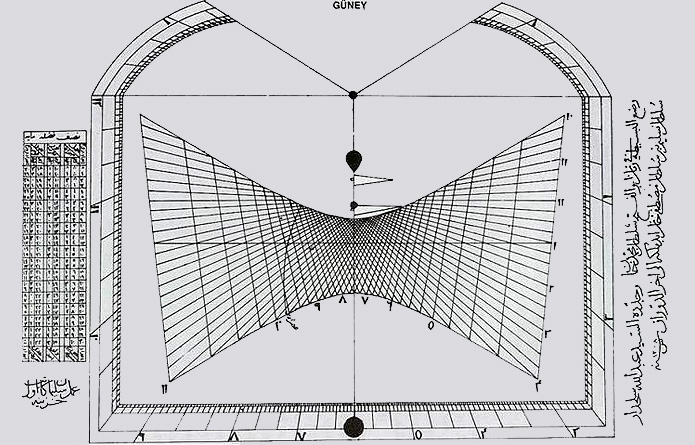
Principle and Use of Ottoman Sundials
by Atilla Bir Published on: 30th May 2008
Muslim astronomers and engineers invented a variety of dials for timekeeping and for determining the times of the five daily prayers. In this thorough and technical study, Professor Attila Bir analyses the principle and use…

The impact of Al-Battani on European Astronomy
by FSTC Published on: 27th December 2001
Al-Battani used the widest variety of instruments: astrolabes, tubes, a gnomon divided into twelve parts, a celestial globe with five armillaries, parallax rules, a mural quadrant, sundials, vertical as well as horizontal.

Al-Khawarizmi
by The Editorial Team Published on: 11th July 2002
Algebra, algorithm, quadratic equation, sine function... just some of the terms which would not be known to us but for Al-Khawarizmi. An astronomer, geographer and founder of several branches and basic concepts of mathematics.

Study of the treatise of Radwan al-Sa’ati
by Mona Sanjakdar Chaarani Published on: 31st August 2021
The present study is based on the 13th-century treatise of Radwan al-Sa'ati, which describes in details the clock of the Jayrûn Gate. Far from being historical or critical, this technical and analytical study allows, by…
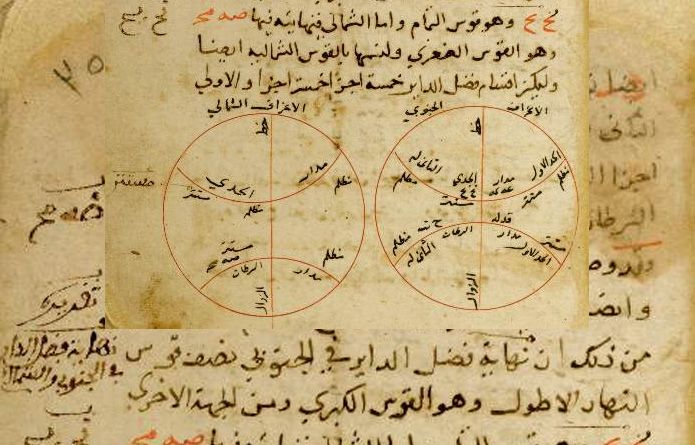
Ibn al-Majdi
by The Editorial Team Published on: 19th January 2013
Shihab al-Din Abu al-'Abbas Ahmad Ibn al-Majdi (1359–1447 CE) was an Egyptian mathematician and astronomer. We publish this short article to celebrate the memory of his passing away in Cairo on 27/28 January 1447.

Al-Andalus, a Bridge Between Arabic and European Science
by Julio Samso Published on: 9th June 2020
The purpose of this paper is to outline the conditions in which Eastern Islamic science reached al-Andalus and was later transmitted to medieval Europe, mainly through translation. Until the end of the 10th century al-Andalus…
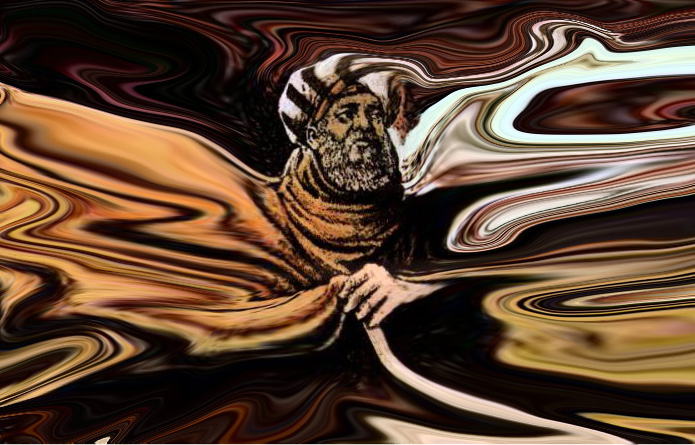
Thabit ibn Qurra
by The Editorial Team Published on: 23rd February 2013
Abu al-Hasan Thabit ibn Qurra al-Harrani al-Sabi (born in Harran, now in southern Turkey, in 836 and died in Baghdad on 18 February 901) was a prolific scientist of the ninth century.

Madinat al-Zahra and the Spaces of Knowledge
by Susana Calvo Capilla Published on: 20th February 2020
The Revival of Classical Antiquity in Cordoba in the 10th century:

Astronomy in Medieval Jerusalem
by David A King Published on: 1st February 2018
Various medieval Arabic manuscripts preserved in libraries around the world – Leipzig, Cairo, Princeton, and not least Jerusalem
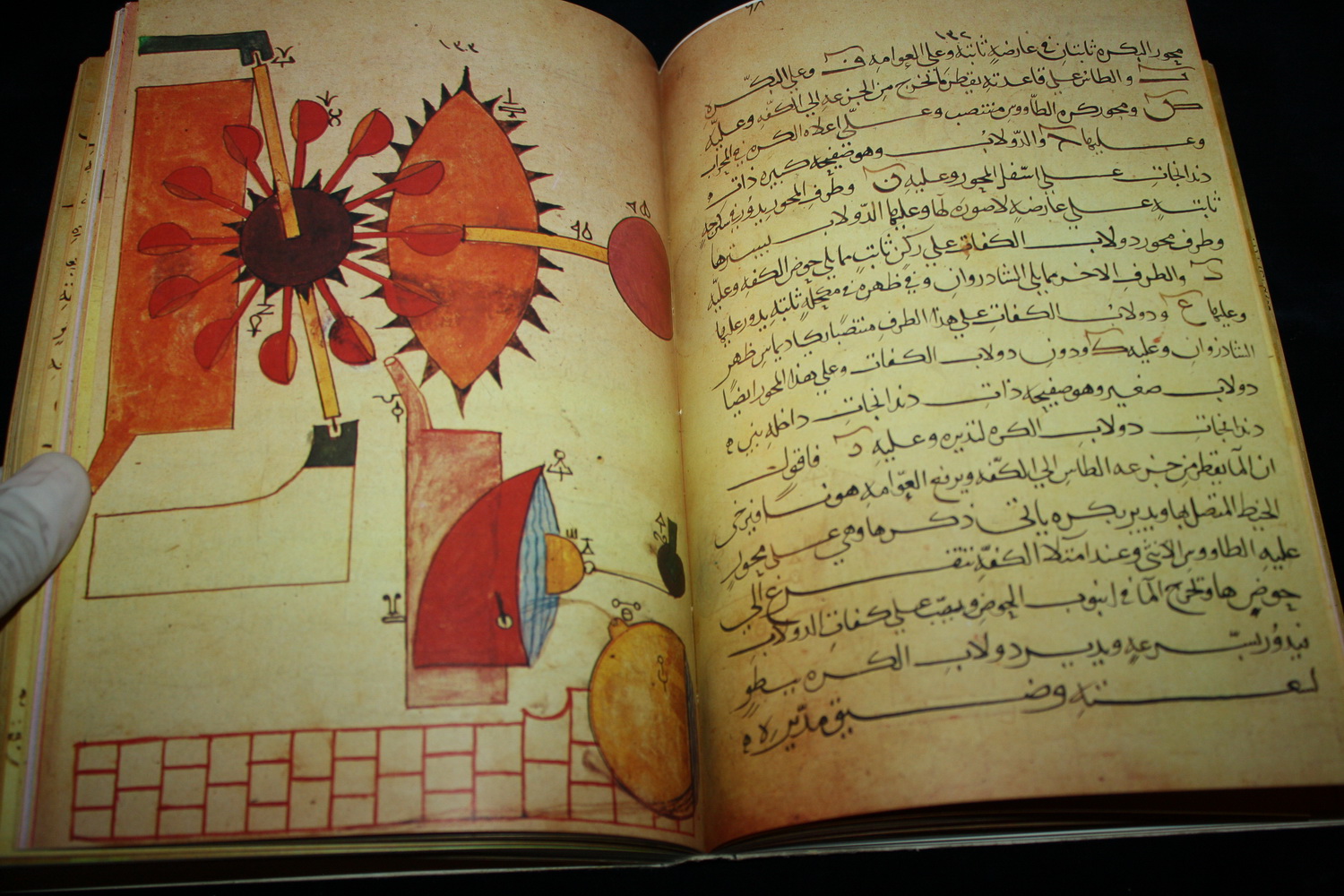
The Journey of Automatic Machines in Muslim Civilisation
by Salim Al-Hassani Published on: 24th October 2016
This keynote lecture reviews the rise and development of automatic machines within Muslim civilisation. It looks at how inventors from the Muslim civilisation progressively transformed achievements of previous cultures (e.g. ancient Mesopotamia, Egypt, Greece, Persia,…

Ibn Yunus and The Pendulum: A History of Errors
by David A King Published on: 29th April 2015
In this article, Professor David A. King explores the authenticity of the statement that tenth-century Egyptian astronomer Ibn Yūnus was the first person to use a pendulum to measure time. After examining evidence originating from…

The Clocks of Makkah Over Time
by Salim Al-Hassani Published on: 28th March 2022
Historical records on the clocks of Makkah (Mecca) are scarce. This paper brings together various scattered information from descriptions found in primary sources and from sketches found in old pilgrimage certificates, guides, and prayer books…

Professor Jim Al-Khalili: The Forgotten Legacy of Arabic Science
by The Editorial Team Published on: 12th November 2013
Jim Al-Khalili is a British theoretical nuclear physicist, professor at the University of Surrey, academic author and broadcaster. He is also long-time trustee and supporter of the Foundation for Science, Technology and Civilisation (FSTC). He…
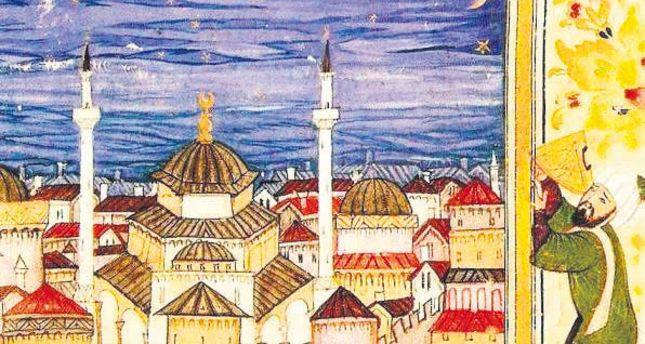
Development of Astronomy in Ottomans
by Yavuz Unat Published on: 28th September 2019
Generally, it is possible to study the development of astronomy in the Ottomans in three periods; The astronomy from the establishment of Ottomans to Ali Qushji’s arrival in the Ottomans (1299-1472); The astronomy from Ali…

Baghdad Clock in Aachen: Harun al Rashid’s Gift to Charlemagne
by Salim Al-Hassani Published on: 7th May 2021
The water clock that Abbasid Caliph Harun al-Rashid (d. 809 CE), gifted to Charlemagne, the Holy Roman Emperor (d. 814 CE) is investigated. Origins and transfer of the clock technology is reviewed. The water clock…
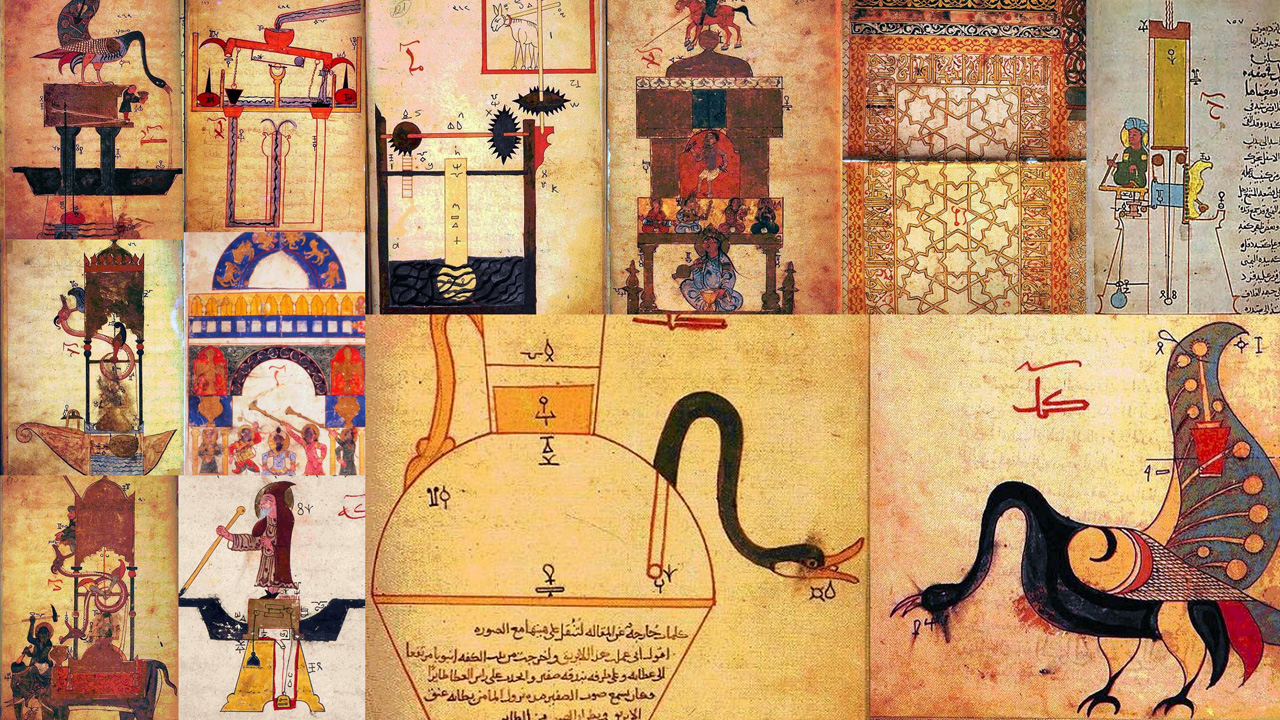
Overview on al-Jazari and his Mechanical Devices
by Yavuz Unat Published on: 25th February 2008
In this article, Professor Yavuz Unat, a known historian of science from Ankara University, draws a general survey on al-Jazari and his treatise. He describes some of his machines and points out the numerous technological…
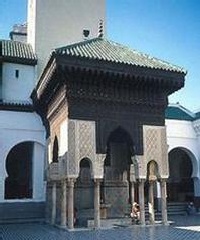
Al-Qarawiyyin Mosque and University
by FSTC Published on: 20th October 2004
For well over twelve hundred years Al-Qarawiyyin has been one of the leading spiritual and educational centres of the Muslim World, a typical institution, of many, underlining how learning constituted the heart of the religion…

The Petra Fallacy: Early Mosques do face the Sacred Kaaba in Mecca
by David A King Published on: 15th September 2020
Dan Gibson, a Canadian amateur archaeologist, is the latest of a number of revisionist historians of early Islam who are desperate to show that Islam did not start in Mecca, and hence that early Islamic…
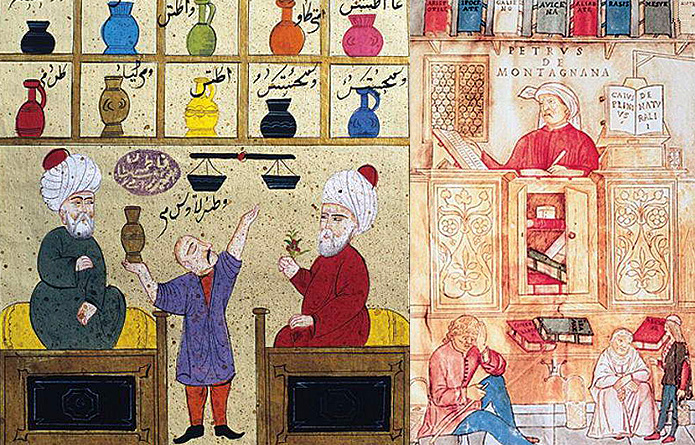
Rediscovering Arabic Science
by Richard Covington Published on: 12th August 2009
The magazine Saudi Aramco World published in May-June 2007 an interesting folder on Arabic and Islamic science. The folder of 20 pages consists of several articles illustrated with a rich iconography and accompanied with illuminating…
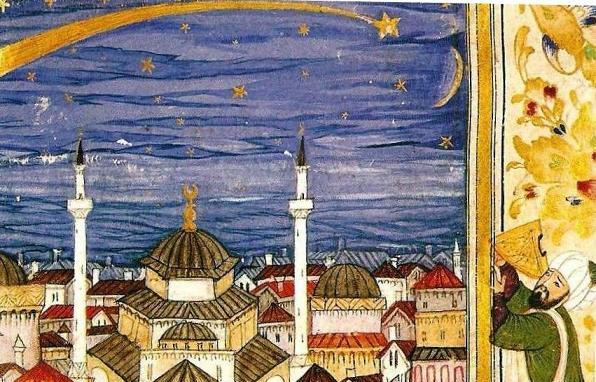
Taqi al-Din Ibn Ma’ruf: Survey on his Works and Scientific Method
by Ihsan Fazlioglu Published on: 4th July 2008
Being in form a bio-bibliographical essay on the life and works of Taqī al-Dīn Ibn Ma'rūf, a well known scholar of 16th-century Istanbul, this article presents the contents of his books and compares his scientific…






















